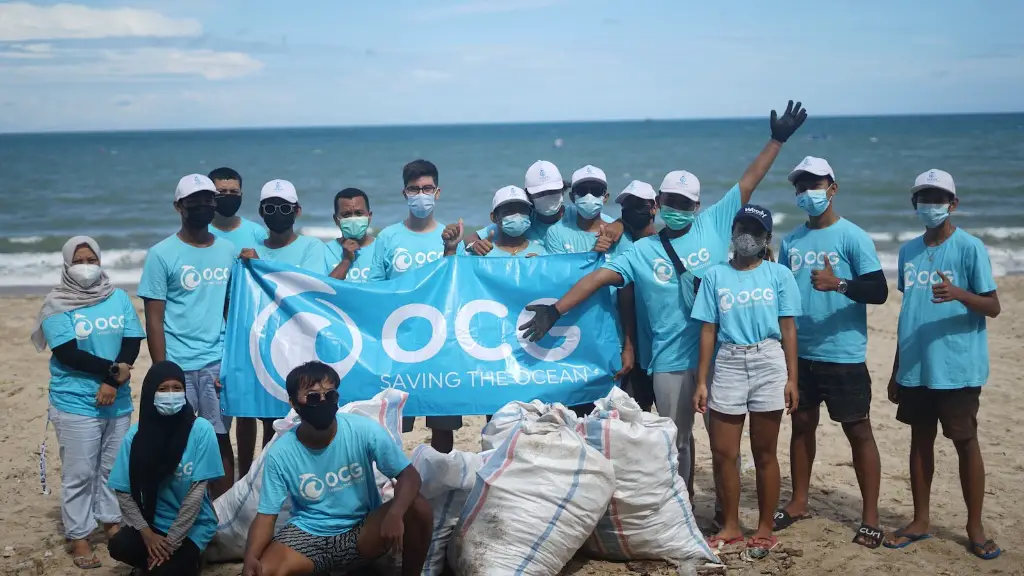The world is currently facing one of its greatest challenges yet; global warming. In the last half century alone, the global surface temperature has risen at twice the rate compared to the previous 100 years, pushing the effects of climate change to unprecedented levels. Oceans are rising, glaciers are melting, and planet-wide weather patterns are changing. To help fix this looming situation, decisive steps must be taken in areas of energy production, transportation, and waste management. By doing so, we can confidently move towards a future of clean energy, while still being conscious of the economic, cultural, and ecological effects that this shift might have.
One positive factor in tackling global warming is the rise of renewable energy sources such as solar, wind, and hydropower. In the past decade, their use has consequentially grown significantly, with many countries now have a majority share of renewable generation. Governments must build on this momentum, by providing substantial support and incentive to the energy producers and the consumers. This is particularly vital when looking at economics. The cost of renewable energy is much higher than from traditional sources, meaning that governments must use financial means to offset the higher cost of production. This could come in the form of tax credits, public subsidies or feed-in tariffs for renewable energy. Alongside tax incentives, governments must provide companies with the technical and entrepreneurial support necessary to facilitate the transition to renewable energy, thus encouraging more growth.
When it comes to transportation, the key is efficiency and electrification. As one of the largest consumers of energy in the world, transportation is a major contributor to global warming. This means that measures must be taken to reduce the emissions associated with it. An effective way to achieve this is through the adoption of electric vehicles and other alternatively fueled vehicles. Companies such as Tesla are leading the pack by providing zero-emissions electric options, however there is still a long way to go before electric vehicles will be available to everyone. Governments need to introduce targeted initiatives that focus the public and private sectors on further development in this area. This would include providing subsidies to purchase electric vehicles, providing charging infrastructure for those vehicles, and education on the importance of electric mobility.
Finally, in terms of waste management, it is essential that everybody is conscious of the effect they are having on the planet by discarding waste. Ways to combat this are to introduce more stringent regulations around waste disposal, incentivizing citizens and companies to focus on reusable, recyclable products. More must also be done to educate people on the serious issues caused by excess waste, and to encourage people to reduce, recycle, and reuse. This can take many shapes and forms, and might even include the introduction of eco-friendly packaging materials.
In conclusion, when it comes to helping the global warming crisis, the approaches to tackle the issue are numerous and relatively simple. Energy production, transportation, and waste management are areas where governments and businesses can make a real difference, and this can be achieved through support and incentivization for the development of renewable energy, the roll-out of electric cars, and the implementation of stricter waste disposal legislation. With these steps taken together, we can confidently progress towards a more sustainable future, one in which our planet is looked after and respected, and one in which global temperatures are on the decline.

